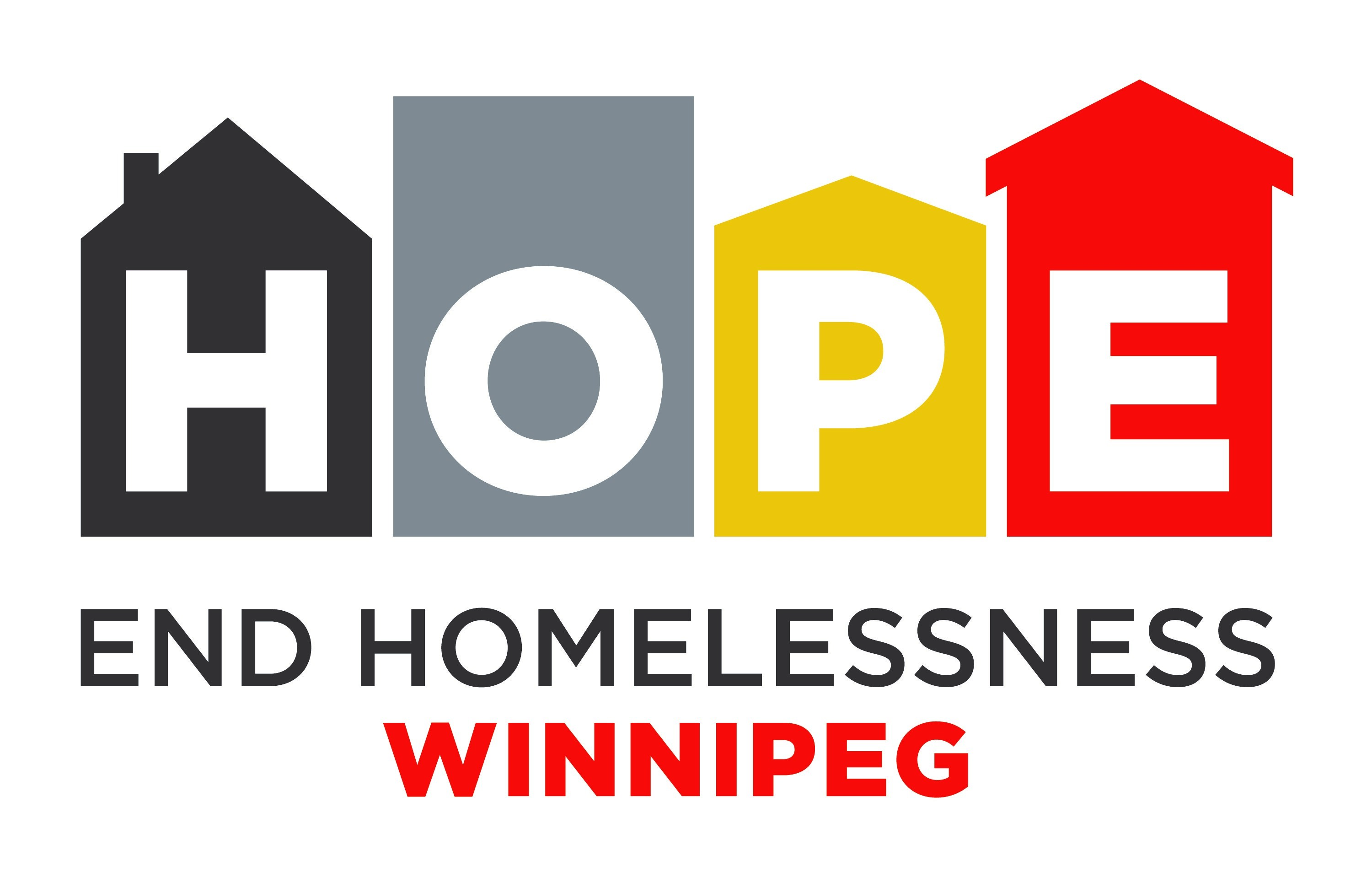November 17thHousing On Our Minds
 Housing has been on the minds of many Canadians recently, both in terms of general affordability and in support of those who are unhoused. This is true also of people across Mennonite Church Manitoba, especially as they see people experiencing homelessness in our urban centres.
Housing has been on the minds of many Canadians recently, both in terms of general affordability and in support of those who are unhoused. This is true also of people across Mennonite Church Manitoba, especially as they see people experiencing homelessness in our urban centres.
Linda Enns (Home Street) has participated in End Homelessness Winnipeg’s Point in Time (PiT) count, a semi-regular survey which gathers information about the city’s unhoused population. Survey volunteers receive training for the work and survey their assigned location in pairs. Having worked in Manitoba’s justice system, Linda sees this as one small way she can continue to support those experiencing homelessness.
“Doing these surveys is really a time of storytelling, where you’re listening to participants with respect and with time,” she says. “Unhoused people want to tell their stories.”
The stories Linda has heard in this survey work stick with her. She recalls one person who owns his own home but because of financial realities has to rent it out, so he lives in his truck. “These kinds of unexpected stories remind you that this is a complex issue,” Linda says, “and solutions will also have to be complex.”
End Homelessness Winnipeg’s most recent PiT count raised some eyebrows. The organization conducted a more extensive survey than had been usual, which resulted in an unhoused count of nearly 2,500 people in Winnipeg, almost double the previous count. Among the survey’s findings:
- More than half of the survey respondents (52.4%) were aged 30-49 years.
- Indigenous peoples remain vastly over-represented in homelessness (79.9%).
- Newcomers accounted for 12.9% of the survey respondents.
Contrary to many Manitobans’ expectations, homelessness is also a reality outside of Winnipeg.
The experience of being unhoused falls on a spectrum. People can be unsheltered, living on the streets or in places not intended for human habitation. They can be emergency sheltered, including staying in overnight shelters as well as shelters for those impacted by family violence. They can be provisionally accommodated, living in temporary or borrowed accommodation. Or they can be at risk of homelessness, where they are housed but their accommodation is precarious or does not meet health and safety standards.
Does your church have unhoused people as neighbours? How is your congregation loving these neighbours, or how might they do so? Contact MCM’s Director of Mission Engagement Melanie Neufeld at mneufeld@mennochurch.mb.ca if you would like to learn more about possibilities.